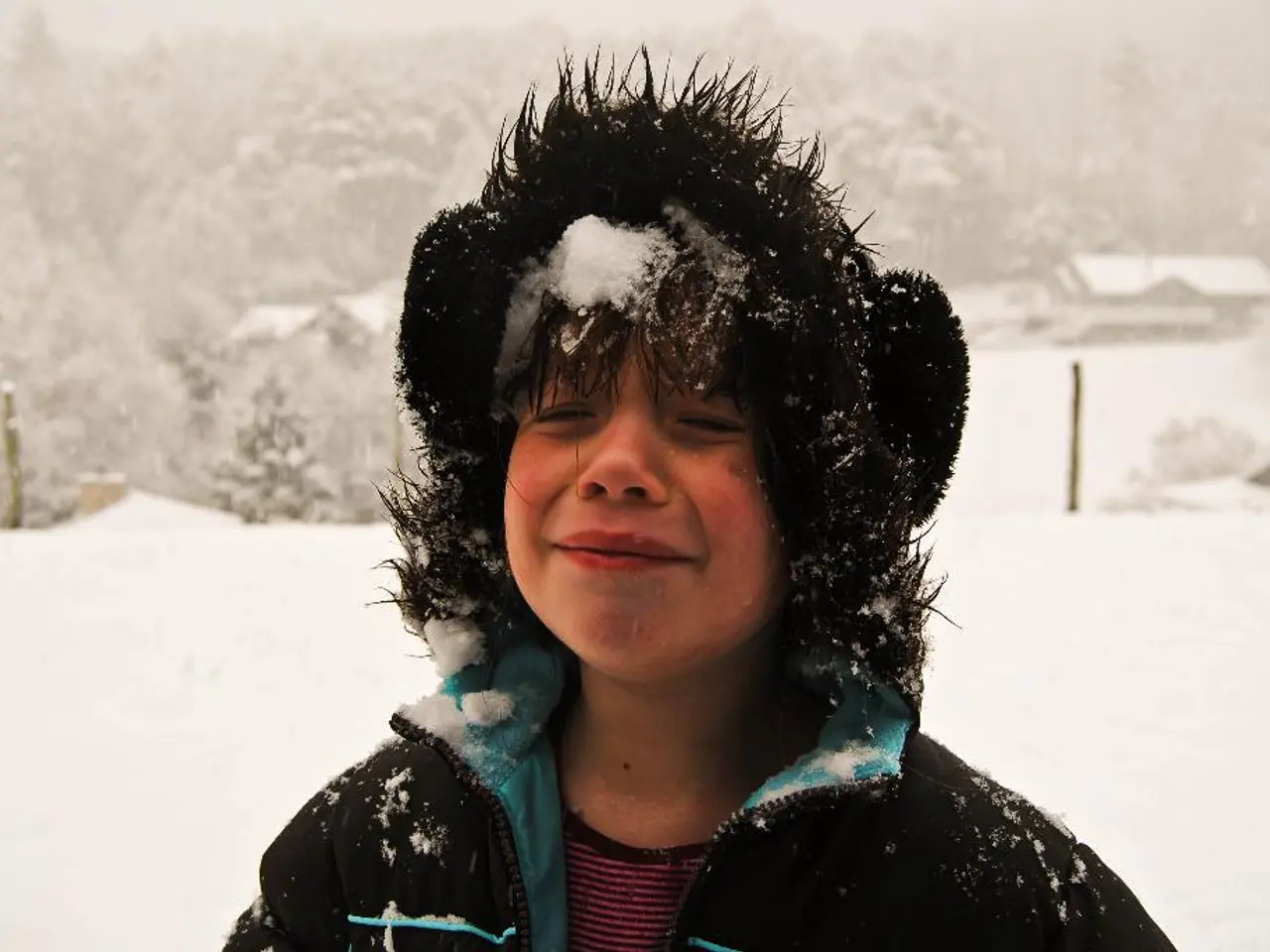Navigating a Child's Mourning Journey: A Handbook for Parents
In the face of loss, children may struggle to understand and cope with their emotions. Infants and toddlers, with limited cognitive abilities, react to changes in their environment and the emotions of those around them. As they grow older, their understanding of death and the grieving process varies depending on their age and developmental stage.
Preschoolers may see death as temporary or reversible and have questions about the person who passed away. School-age children begin to understand that death is permanent and may experience a mix of emotions, including sadness, anger, and guilt. Teenagers, with a more mature understanding of death, may grapple with questions about the meaning of life and death and seek support from peers.
Grieving children may exhibit various signs, such as changes in behavior, mood swings, withdrawal, or expressing sadness. Younger children may exhibit regressive behaviors like thumb-sucking or bedwetting, while teenagers may become more rebellious or engage in risky behaviors. Watching for these changes can help parents identify signs of grief in their children.
Supporting a child through grief involves open communication, maintaining routine, offering reassurance, and seeking professional help when necessary. Tailoring strategies to the child's age and encouraging open communication can help a child cope with grief. Providing empathy, maintaining routines, encouraging expression, and seeking professional help if signs of prolonged distress persist can help a child through bereavement.
Parents play a crucial role in supporting their children during the grieving process. By offering a safe space for expression, validating feelings, maintaining routines, and considering professional help if needed, parents can help their children navigate their grief. Fostering a supportive environment, encouraging healthy communication, and engaging in activities promoting emotional expression and connection can help parents support their children's emotional and social well-being.
Our Mental Health Clinic in Eatontown offers support for both parents and children navigating the grief process. A team of mental health professionals is available to help guide parents in supporting their grieving child. Seeking professional help for a child's grief may benefit from just a couple of sessions or long-term ongoing therapy, depending on the child's needs.
Childhood traumatic grief interventions may involve therapy, counseling, and support groups tailored to help children cope with grief resulting from traumatic experiences. By setting an example and seeking help for their own grief, parents can provide a powerful model for their children.
Seeking support, allowing time for healing, and considering professional help if needed are effective strategies for coping with grief. If you are in New Jersey and need help with personal grief or for help supporting a child during the grief process, contact our Mental Health Clinic in Eatontown.






